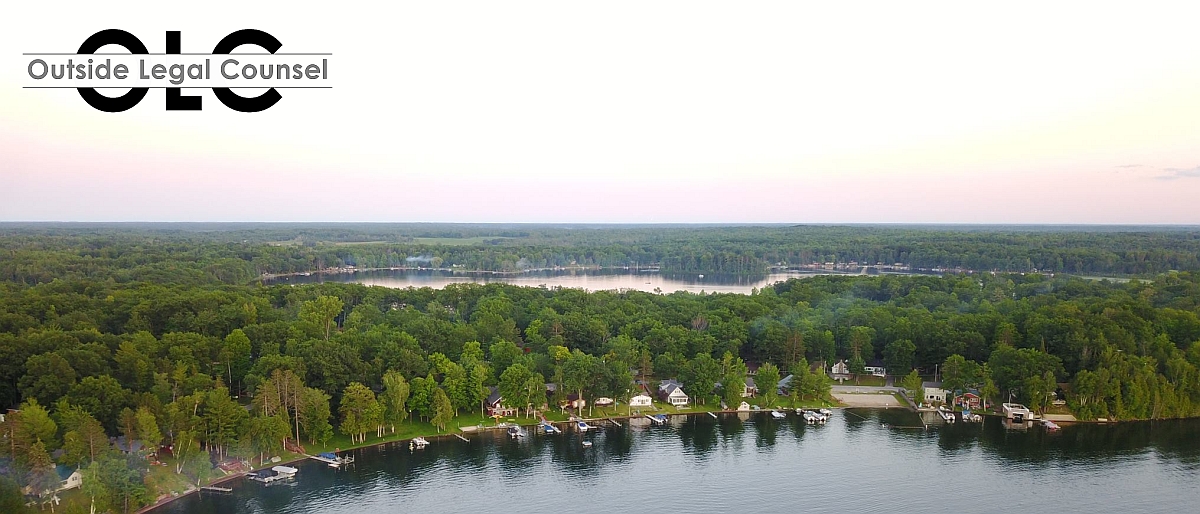The lesson to be learned in Arbutus Beach Ass’n v. Aguilar is to be specific in settlement agreements, as settlements are enforceable for years to come.
In 1992, the various lot owners with the Plat of Arbutus Beach, a waterfront subdivision, reached a settlement regarding the various lot owners’ right to use a riparian park parcel. Fast forward to 2003 and the lot owners are back in court. After waiting a hearing until 2009, the trial court issued its opinion in September 2010—nearly seven years after the case was initially filed.
The facts and issues of the case are highly technical to determine the meaning of key words within a previous settlement agreement. However, the case highlights an important practical aspect of property litigation: be specific when settling or entering a consent judgment.
Notably, the Court of Appeals found that there is no explanation or definition of what is meant by the phrase “uses” that occurred “before May 27, 1994.”
The parties were forced to argue what was meant by the settling parties in 1994, including whether playing games like football or volleyball within a 33 foot area is “impossible” or not? (The Court held that these beach games are not on par with their professional counterparts requiring regulation length fields.)
Had the parties in 1994 been more specific in their drafting of the settlement agreement and consent judgment, the parties would not have had to have spent nearly seven years in the trial court and three years in the Court of Appeals over the definition of “use.”
The take-away: be specific, be clear, and put it in writing.
